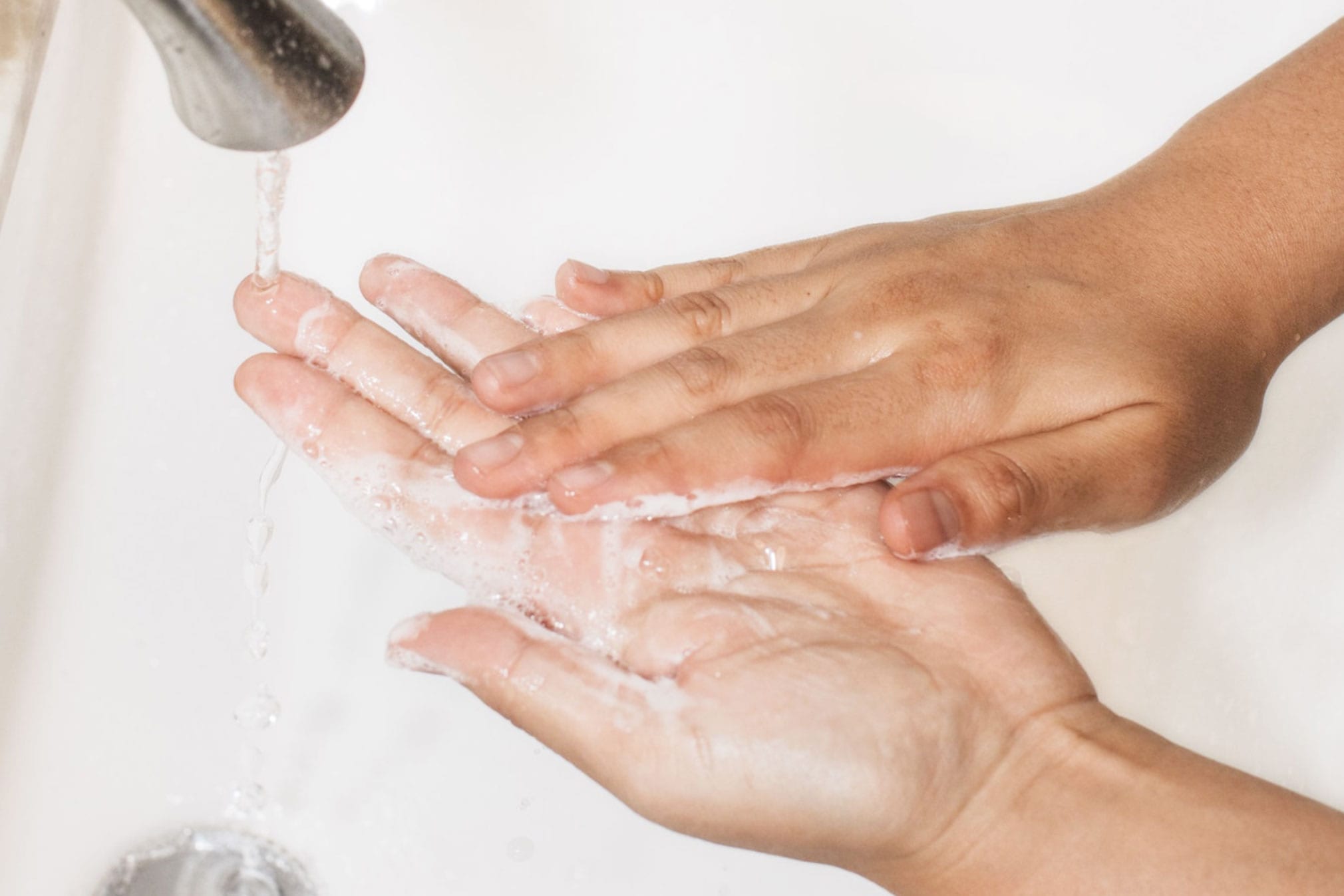Curated coronavirus resources for thoughtful businesses and curious citizens
Published on March 5, 2020 · Updated March 9, 2020
The Luminary Labs team just returned from TEDMED, where conversations covered a wide range of topics — from elderhood and climate equity to neuroscience and advanced bioimaging. But the undercurrent of all undercurrents was the new coronavirus.
TEDMED attendees heard from Peter Piot, a microbiologist who helped discover the Ebola virus in 1976 and led research efforts on HIV and AIDS. Peter said he recommends resources from the CDC and WHO; you’re probably already reading those websites and monitoring the news. This week, we’re going beyond the headlines to curate a list of resources for thoughtful businesses and curious citizens.
If you’re making a plan for your business:
- The CDC has interim guidance for businesses and employers.
- NOBL has a guide to going remote overnight, and is hosting a virtual Change @ Work conference on March 20. The free day of talks and panels will focus on “the urgently changing nature of work,” including remote work, leading change, inclusion, regenerative cultures, managing uncertainty, and building resilient teams.
- Organizations transitioning to remote work should consider employees who will need the most support.
- Coinbase is sharing its internal coronavirus planning and communications.
- Sara Holoubek is also sharing lessons learned from developing Luminary Labs’ contingency plan.
- Towson University published faculty resources in case of a temporary campus closure.
- The CDC has graphics for your next hand-washing PSA email.
If you want to protect yourself and others:
- Get ready for the possibility of major disruptions. It’s not only smart; it’s also our civic duty. (Scientific American)
- If you’re young and healthy, avoid the emergency room; this is a good time to use telehealth options. (The BMJ)
- The CDC recommends Americans over 60 and those with chronic medical conditions avoid large gatherings and take extra precautions.
- It’s normal to feel anxious; there are things you can do to cope with that anxiety. (Wall Street Journal)
- Consumer Reports published a list of what you need — and what you don’t need to buy — for an extended stay at home. The EPA also has a list of registered antimicrobial products. (A chemistry professor explained why soap works especially well.)
- Watch out for phishing scams: Beware of criminals pretending to be WHO.
If you want to support your community:
- Support local businesses and donate to local shelters and food banks.
- Share this telemedicine course with healthcare providers you know.
If you’re trying to figure out what to do with your body instead of touching your face or shaking hands:
- Adopt a new professional greeting — The elbow bump is gaining traction, but the director-general of the World Health Organization says “I like to put my hand on my heart when I greet people these days.” (You can also wave or shake with your feet.)
- Rose Eveleth has an idea for preventing mindless face-touching.
If you’re explaining the virus to kids:
- Download and print NPR’s comic zine.
- Model good hand-washing habits and make it look cool.
- Consider what school closures would mean for your family.
If you’re making (or changing) travel plans:
- United, Delta and seven other airlines are waiving flight change fees because of the coronavirus outbreak. (Marketwatch)
- United Airlines plans to cut domestic flights by 10% as coronavirus saps demand. (Washington Post)
- Consumer Reports published tips for American travelers.
- Is it canceled yet?
If you’re monitoring the situation:
- Find and bookmark local and state resource pages. (NYC and New York State have situation summaries with case counts.)
- Nationally, the CDC’s situation summary details the U.S. risk assessment and response; globally, the WHO publishes daily situation reports.
- The Johns Hopkins Center for Systems Science and Engineering is mapping global cases with data from the CDC, WHO, and other sources. (View the map on desktop or mobile.)
- HealthLynked has developed its own coronavirus tracking app.
- The COVID Tracking Project is compiling numbers from each state to build a more complete picture of U.S. testing data.
- The University of Washington is performing hundreds of tests each day with the test its virology lab developed.
- A Gates Foundation-funded program will soon offer home-testing kits for new coronavirus. (Seattle Times)
If you have an idea or solution:
- StartUp Health is calling for innovation related to coronavirus: data, diagnostics, tests, telehealth, or other solutions.
- The Biomedical Advanced Research and Development Authority (BARDA) is coordinating U.S. government market research efforts to address the ongoing outbreak.
- The public call for rapid sharing of research data relevant to the COVID-19 outbreak is driving an unprecedented surge in (unrefereed) preprints. To help pinpoint the most important research, Nature and Wellcome have launched Outbreak Science Rapid PREreview, an open-source platform for rapid review of preprints related to emerging outbreaks.
- MIT Solve launched a new Solve Challenge focused on health security and pandemics.
- CoEpi, the Community Epidemiology in Action project, is crowdsourcing resources “for technologists building things related to the coronavirus outbreak.”
- Support the COVID Tracking Project: Jeffrey Hammerbacher and Alexis Madrigal are seeking help with data analysis, reporting, process improvements, and public-facing presentation of data.
We share updates and insights — including reading recommendations — in our weekly newsletter: subscribe to the Lab Report.
Photo by Curology / Unsplash



